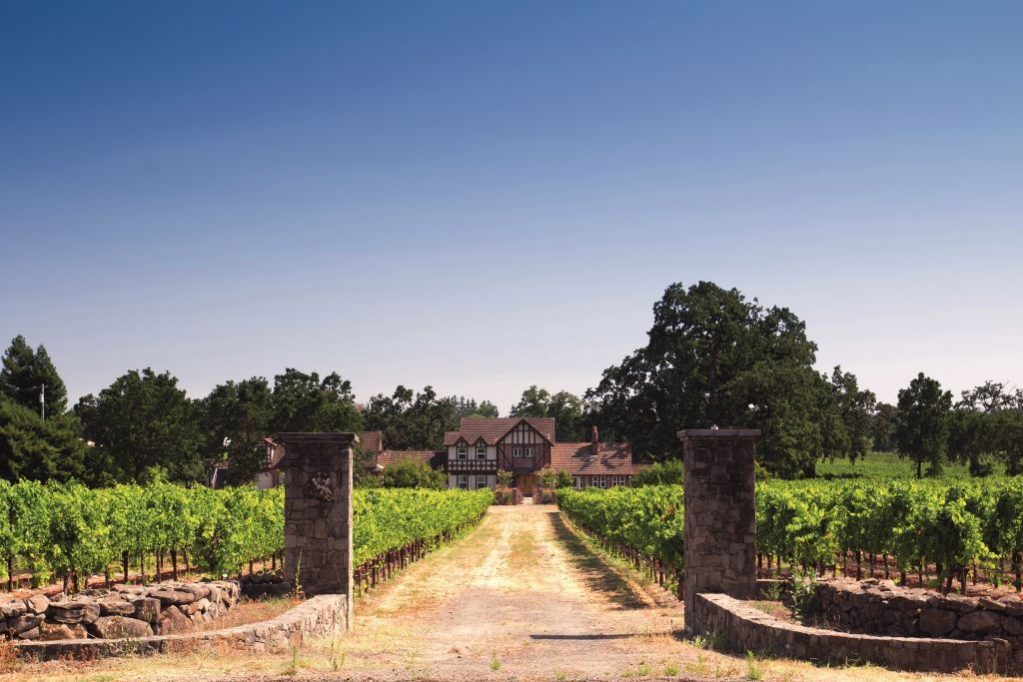Realistic and measurable transformation within certain South African industries has been a long journey. In some sectors it has warped definitions as boxes are ticked mechanically. In others transformation is non-existent. The agricultural sector unfortunately still carries the stigma of embracing change at an extremely slow pace. Its record on transformation is patchy at best.
The wine industry is no different. With its sterling international reputation and millions of liters of South African wine exported every year, vexed questions still remain on whether this generational industry has genuinely transformed and if so, to what extent?

In this industry, broad-based black economic empowerment transactions are usually viewed as façades used to divert unwanted questions from those who are pro-transformation. Despite these realities, there are women who are working tirelessly towards altering the status quo, with passion, to bring about significant change within the wine industry.
Nondumiso Pikashe and Carmen Stevens are two of these women. Ignoring skeptics and forecasts of failure, their professional journeys are the result of meticulous timing, dedication and resilience. Responding to a call from former president Thabo Mbeki in 2004 for active players within South Africa’s economy, Pikashe decided to enter an industry completely foreign to her. “Curiosity was what attracted me to [winemaking],” she explains.
“I was always fascinated by wine because in the townships it was an alcoholic beverage that was associated with shattered homes…, while on the other hand, wine’s other face was one of sophistication, class and elegance.”
Wanting to find out more about the characteristics of wine, the more she researched, the more Pikashe became intoxicated by the industry. And thus, Ses’fikile wine was born.
‘Ses’fikile’ is isiXhosa for ‘we have arrived’.
“My wines symbolize the impact that the growing number of women within the industry are making, regardless of the challenges and obstacles they face,” she says, proudly. Pikashe is frustrated by the pace of change in the winemaking industry. She says little is being done in order to pique the curiosity of young black girls.
“I entered the industry through support from associations and groups which are now collectively known as the Wine Industry Development Agency. The work they are doing is commendable; however, more needs to be done.”
Another player in the South African winemaking industry is Carmen Stevens. Unlike Pikashe, Stevens says it was almost a given that she would enter the industry because of how passionate she had always felt about winemaking. A winemaker at the esteemed Amani estate in the Cape Winelands, her passion for the technicalities behind the process has earned her respect throughout the industry. With 18 years’ experience and two harvest internships – one in California and the other in France – under her belt, Stevens is set to make a significant change in the industry.
“I just knew that I wanted to make wine: the smell of the wine cellar; the enchanting and sometimes majestic process of the art of winemaking was fueled by fantasies I developed from reading through my mom’s romantic novels, which were set in the vineyards,” Stevens recalls.

Stevens is using her passion for wine to change women’s access to land and promote skills sharing.
“Agricultural land needs to be more affordable within the well-known wine regions to increase both female and black participation. The government needs to look into sustainable strategies in order to bring this into being. Skills transfer and development is another thing. Yes, there has been a visible growth of female winemakers within the industry, however, the growth in understanding of the industry holistically still needs much work,” she argues.
Stevens believes that the South African winemaking industry has the opportunity to increase the percentage of women and black role players.
She is upbeat about her future in the industry.
“Amani has given me the opportunity to make wines that are reflection of me, having a brand that carries my name is the next big step,” she says.
Carmen’s recent association with UK-based brand Naked Wine has inspired her to developing her own blends – Carmen Stevens Wines.
“Watching my brand growing each year has been a great experience; this puts me in a position to develop future winemakers as well, that is something that is necessary and which will be very humbling,” she concludes.
